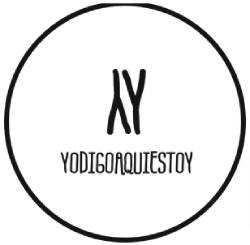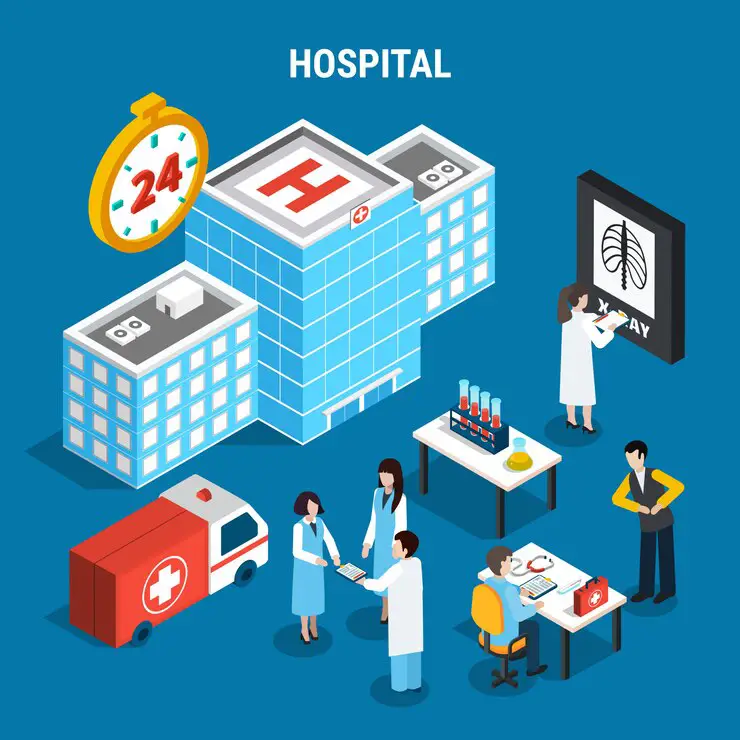The healthcare facilities and medical practitioners face a multitude of challenges that demand modern digital healthcare solutions. Medical centers grapple with administrative bottlenecks, data management complexities, financial hurdles, and the imperative to enhance patient engagement.
This guest blog aims to shed light on how healthcare software solutions offer a paradigm shift in overcoming these obstacles.
From the intricacies of patient data management to the intricacies of billing processes, each hurdle is an opportunity for healthcare facilities to embrace technological advancements that promise not only to streamline operations but also to elevate the overall quality of patient care.
Let’s look at these challenges closely and understand how a clinic or hospital management software can help overcome them:
1. Administrative Bottlenecks
Streamlining appointment scheduling and patient registration processes emerges as a critical imperative. Leveraging advanced scheduling algorithms and user-friendly interfaces in healthcare management software can automate appointment bookings, ensuring seamless scheduling for both patients and staff.
Simultaneously, the prevalence of manual errors in administrative tasks poses a significant challenge. Implementing software solutions equipped with intelligent data validation and verification mechanisms becomes paramount.
These features eliminate inaccuracies in patient medical records, billing, and other administrative functions, fostering a more accurate and reliable healthcare system. By embracing technology to address these bottlenecks, healthcare facilities can pave the way for enhanced efficiency, reduced administrative burdens, and an elevated standard of patient care.
2.Patient Data Management:
Patient data management stands at the core of healthcare operations, demanding precision and security. Ensuring the accuracy, accessibility, and security of patient records is a pivotal challenge.
Healthcare facilities are turning to advanced digital healthcare solutions equipped with robust Electronic Health Records (EHR) or Electronic MEdical Records (EMR) systems. These systems not only centralize patient information but also ensure real-time updates, minimizing the risk of errors and enhancing the overall accuracy of medical records.
Managing diverse patient information, often scattered across different departments and systems, presents another hurdle. Modern healthcare management software integrates seamlessly with various data sources, breaking down silos and providing a unified platform for comprehensive patient profiles.
By overcoming these data management challenges through technology, healthcare facilities not only bolster data accuracy but also empower healthcare professionals with a holistic view of patient histories, ultimately contributing to more informed decision-making and improved patient outcomes.
3. Billing and Financial Management:
Effective billing and financial management are critical components of a hospital or a clinic’s operations. Addressing revenue leakage is a priority, and healthcare management software plays a crucial role in automating billing processes.
By incorporating intelligent algorithms and automated workflows, these systems minimize the risk of errors, ensuring that all medical services provided are accurately billed. This not only prevents revenue leakage but also streamlines the entire billing cycle, accelerating the financial processes.
Ensuring compliance with financial regulations is a non-negotiable. Healthcare management software integrates compliance checks within its billing modules, automatically validating claims against regulatory requirements.
This proactive approach not only mitigates compliance risks but also enhances the fiscal integrity of healthcare facilities. In essence, by embracing technological solutions in billing and financial management, healthcare facilities can fortify their financial health, achieve regulatory compliance, and ensure sustained operational excellence.
4. Patient Engagement
Patient engagement helps in shaping the overall healthcare experience, influencing satisfaction and retention. To enhance these aspects, medical centers, multi-chain clinics, hospitals or any other healthcare facility must adopt strategic approaches and leverage technology for effective communication and engagement. Implementing patient-centric strategies, such as personalized communication, timely health education, and transparent information sharing, fosters a positive patient experience.
The role of clinic or hospital management software solutions in patient engagement is transformative. These solutions offer platforms for secure communication, appointment reminders, and access to personalized health information.
Integrated patient portals enable individuals to actively participate in their healthcare journey, from appointment scheduling to viewing test results. The seamless integration of technology in patient engagement not only empowers individuals but also contributes to enhanced satisfaction and loyalty.
5. Role of Healthcare management Software Solutions
In the past few decades, innovative solutions have emerged to meet the unique needs of doctors, clinics, hospitals, and diagnostic centers. Hospital management software and clinic software stand at the forefront, offering a comprehensive suite of tools designed to automate the way healthcare is delivered and managed.
These software solutions cater to the specific demands of diverse healthcare settings, ensuring seamless integration and optimal functionality.
Healthcare management software acts as a transformative force, directly addressing the challenges faced by doctors, clinics, hospitals, and diagnostic centers. It streamlines administrative tasks, ensuring precision and efficiency in appointment scheduling, patient registration, and billing processes.
With robust Electronic Health Records (EHR) systems, it guarantees the accuracy, accessibility, and security of patient data, overcoming the complexities of diverse information management.
These medical software solutions help drive better patient engagement, offering platforms for effective communication and personalized interaction. By automating financial processes, they address revenue leakage concerns and ensure compliance with financial regulations, making them indispensable tools for the success and efficiency of modern healthcare facilities.



